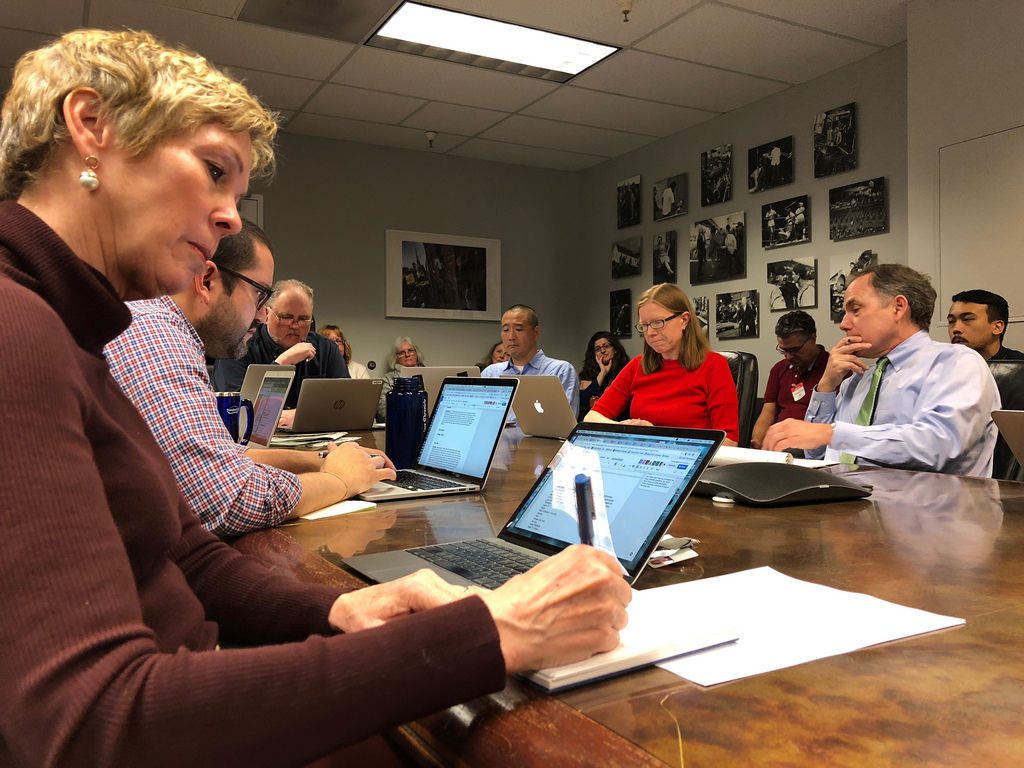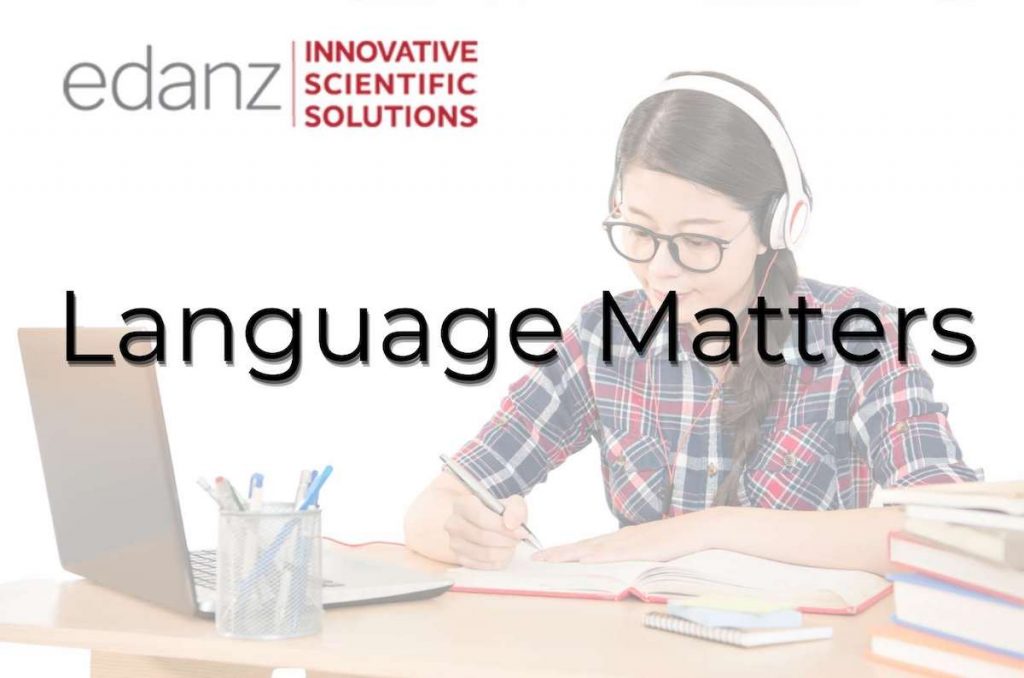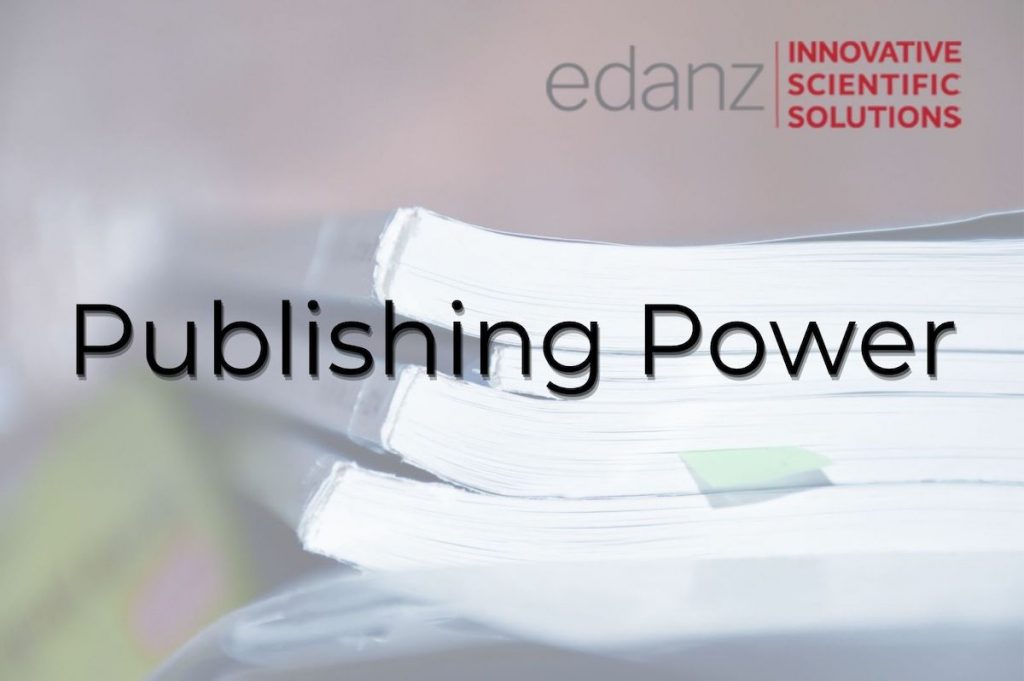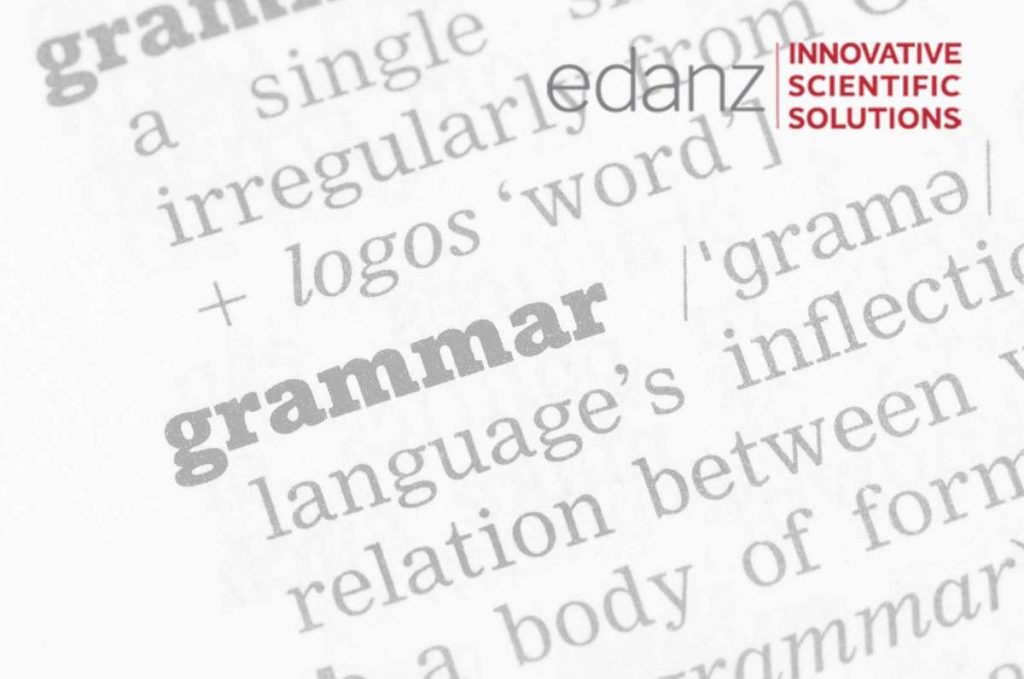
Why Reading is a Vital Writing Skill
Editors, reviewers, and other readers of your work have expectations for where they will find your information. If what they

Editors, reviewers, and other readers of your work have expectations for where they will find your information. If what they

Science is in fact a social profession. Our fellow scientists are our collaborators, our competitors, our supervisors and our reviewers,

To identify good research questions, you need to know what questions have already been asked and how other researchers have tried to answer them.

Deciding which academic articles to read can feel like an intimidating task, particularly if your research interests are in a well-established field. A keyword search in online databases such as EconLit, PsycInfo, PubMed, SCOPUS, and Web of Science may yield hundreds or even thousands of results.

Over the past decade we have witnessed astonishing breakthroughs. However with these phenomenal discoveries also come gravely serious ethical questions.

by Clement Ng, PhD In the physical sciences, and particularly fundamental research, describing the technical benefits of your study is

Keywords are an important element in the discoverability and visibility of your paper. Therefore, you should choose your keywords carefully

One of the defining features of academic publishing – and the one that gives it its credibility – is peer

Careers in clinical research can be financially rewarding and offer solid stability in the job market. An Indeed.com found the average salary

Your publication record is the measure that everyone – from colleagues to funding agencies – uses to judge your quality

You’ve done your research and you (and perhaps your collaborators as well) are ready to put fingers to keyboard and

Explore key statistical considerations when you’re performing experimental studies and observational studies.

The language we use in communicating with the public should be inclusive and bias-free. This sensitivity is a key issue for research writing. Here we explore detailed points and give examples.

The scientific method dictates that research be conducted as objectively as possible. But how do you do that? Read on.

While simple, concise expression is key to communicating your research clearly, it’s also important to use language that maintains the right tone for a scientific publication that will be read by a highly accomplished audience of researchers.

Knowing when to capitalize increases the presentation value of a manuscript, so we’ve provided a list of recommendations for some of common issues and the correct use of capitalization in these cases.

When writing a manuscript, the complexity of your research may not always make it easy to keep your text brief, but it is still important to express ideas clearly and succinctly, with a minimum of unnecessary words.

It’s important to be aware of the different types of literature that exist and the variety of publication types within each class. It’s also important to honestly evaluate your work to determine what publication type is most appropriate for your study. Find out more here.

Promoting your article increases your presence and raises your profile within the academic community, as well as ensuring that your findings are out there and known about.

When you’ve prepared your outstanding research for publication, you need to choose a good journal. But there are unethical and so-called predatory journals out there, trying to trick you into using them. Here’s what to avoid.

Open access journals let the world see your research, ungated and with no payment needed. But there are some limitations as well. Read about the pros and cons.

It’s actually quite easy to find a reputable journal. Here’s what to look for to be sure you find the best place to publish your outstanding research.

“Which” and “that” are commonly confused. In some cases, they’re interchangeable, but usually, a comma or another fix, or a replacement, is needed. Read on to find out how to use them.

scientific writing tends to be more formal and traditional, so sentences beginning with and or but should be avoided altogether. How about sentences beginning with “due to”, “because”, or “however”? Find out here.

There are grammar rules for citing past research. This is especially important in your introduction and when you’re reporting results. Take a quiz and learn more.

Articles (a, an, the) are adjectives that modify nouns. If they’re used incorrectly the reader may wonder if you’re referring to a specific thing or to a non-specific item or category. Here’s how to get them right.

Read this to clear up your confusion about incorrect nomenclature to describe changes in levels of genes, their mRNAs, or the proteins that they encode.

“As” is just two letters, and it can be used in a variety of ways. This can be confusing, but you can get it right. As New Zealanders say, “Sweet as!” Start with a quiz.

Which “which” is which? Arrgh! Let’s get to the grammar behind this word that many researchers confuse. Start with a quiz.

“Since”, “because”, “as”… all pretty much the same, right? Well, since you asked, how about a quick quiz?